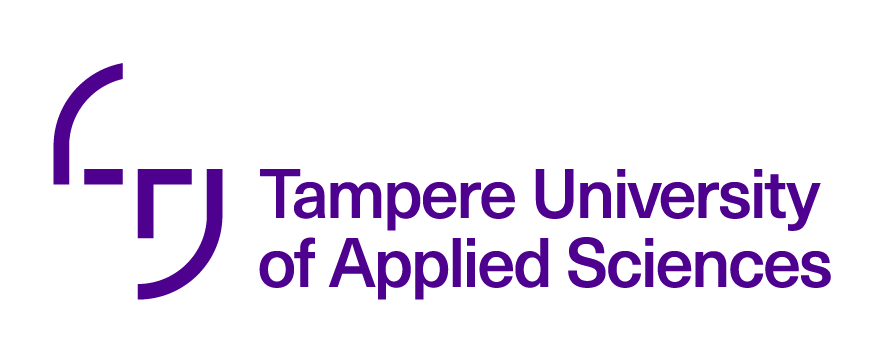Quantitative Research and Development at WorkLaajuus (5 cr)
Code: NY00GN73
Credits
5 op
Objectives
The aim of the course is to give students a good understanding of how to use quantitative research methods in their own research process.
On completion of the course, the student will
• have a basic knowledge of quantitative research methods
• know the ethical aspects of quantitative research
• be able to choose the appropriate research strategy/approach and methods for the situation
• know the reliability aspects of quantitative research
• can describe the results in a variety of ways
Content
Quantitative research process and methods. Selection of characteristics as variables, classification of data, cause and effect relationships, finding links between phenomena or the frequency and occurrence of phenomena based on numerical results.
Data collection methods, in particular the basics of questionnaire design and implementation using an electronic tool.
Indicators of the reliability of quantitative research
Ethics of quantitative research
Basics of using statistical software
Assessment criteria, pass/fail
Students can collect and edit research data, and present the results in a clear and concise way. They know the key statistical concepts and measurement scales and can produce key figures from data. They can carry out statistical analyses, interpret the results and draw conclusions.
Enrolment period
02.09.2024 - 01.04.2025
Timing
11.11.2024 - 18.05.2025
Credits
5 op
Virtual portion
5 op
Mode of delivery
Online learning
Campus
TAMK Main Campus
Teaching languages
- Finnish
Seats
0 - 80
Teachers
- Mauri Laasonen
- Tapio Yrjölä
Person in charge
Tapio Yrjölä
Groups
-
24YAMKYlempi AMK, yhteiset opinnot
-
25YAMK
Objectives (course unit)
The aim of the course is to give students a good understanding of how to use quantitative research methods in their own research process.
On completion of the course, the student will
• have a basic knowledge of quantitative research methods
• know the ethical aspects of quantitative research
• be able to choose the appropriate research strategy/approach and methods for the situation
• know the reliability aspects of quantitative research
• can describe the results in a variety of ways
Content (course unit)
Quantitative research process and methods. Selection of characteristics as variables, classification of data, cause and effect relationships, finding links between phenomena or the frequency and occurrence of phenomena based on numerical results.
Data collection methods, in particular the basics of questionnaire design and implementation using an electronic tool.
Indicators of the reliability of quantitative research
Ethics of quantitative research
Basics of using statistical software
Assessment criteria, pass/fail (course unit)
Students can collect and edit research data, and present the results in a clear and concise way. They know the key statistical concepts and measurement scales and can produce key figures from data. They can carry out statistical analyses, interpret the results and draw conclusions.
Assessment scale
Pass/Fail
